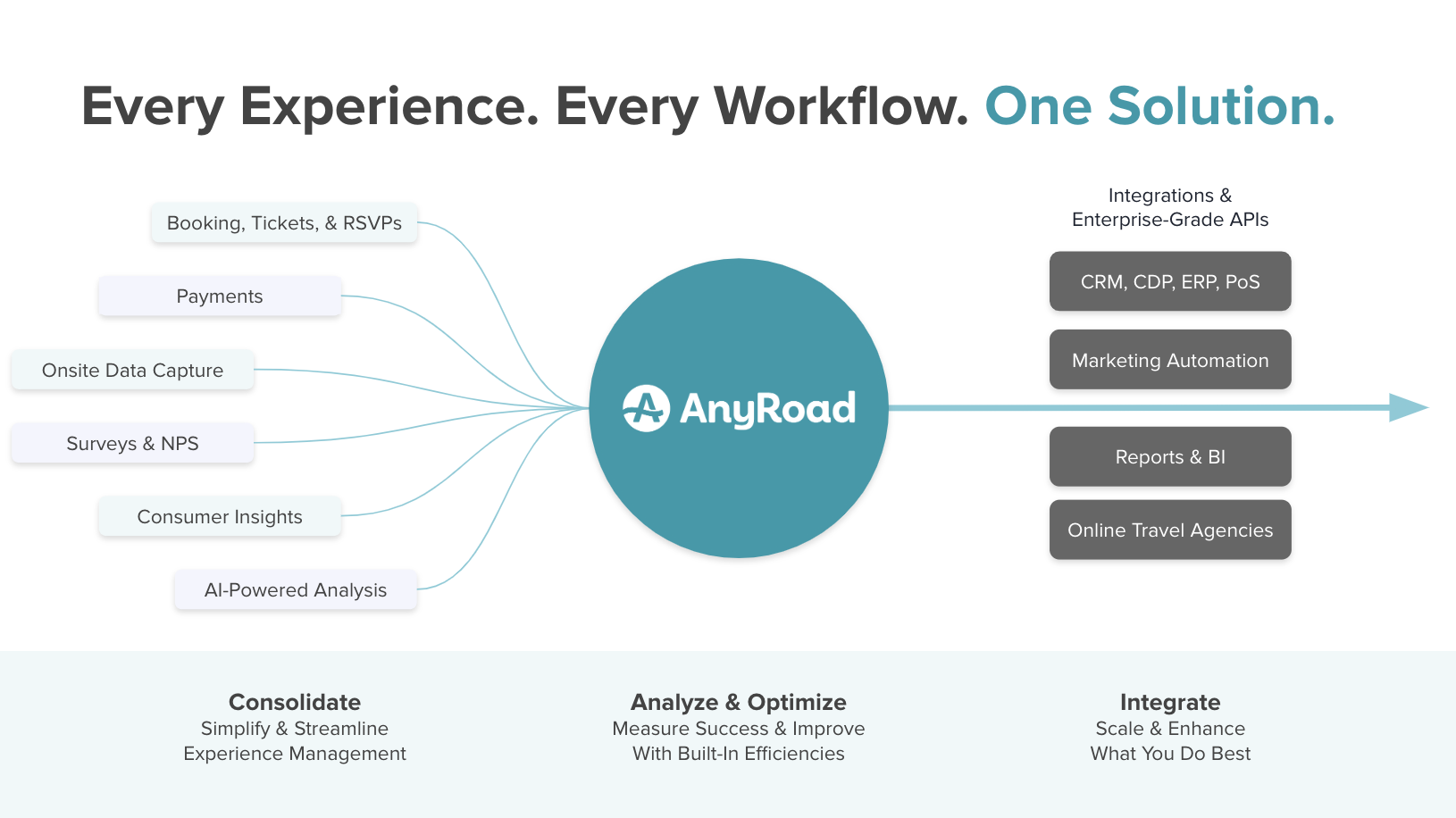What are Promotional Events?
Promotional events are planned activities or campaigns businesses organize to promote their products, services, or brand. These events can take various forms, from grand product launches and exclusive parties to trade shows, contests, and community outreach programs. The primary aim is to create a memorable experience that resonates with the attendees and leaves a lasting impression on potential customers.
Promotional events leverage marketing techniques, including traditional advertising, social media promotion, email marketing, and public relations, to maximize their reach and impact. Teams carefully design these events to align with the company's overall marketing and business objectives, ensuring they contribute positively to the brand's growth.
Benefits of Promotional Events
Organizing a well-executed promotional event can yield numerous benefits for businesses. Let's take a closer look at some of the key advantages:
- Increased Brand Awareness: Promotional events provide an excellent platform to introduce your brand to a broader audience, increasing brand visibility and recognition.
- Enhanced Customer Engagement: Interacting with customers face-to-face during events fosters stronger connections and customer loyalty.
- Product Showcase: Launching a new product at an event allows you to demonstrate its features and benefits, creating excitement among attendees.
- Lead Generation: Gather valuable leads and potential customers at events, boosting your sales pipeline.
- Word-of-Mouth Marketing: Creating a remarkable event experience encourages attendees to share their positive experiences with others, amplifying your reach through word-of-mouth.
- Competitive Edge: A well-planned event can help your brand stand out from competitors, leaving a lasting impression on customers' minds.
Planning a Successful Promotional Event
For the best outcomes, you've got to plan and execute with precision. Check out this easy step-by-step guide to creating a successful promotional event:
Define Your Objectives
Before diving into event logistics, outline clear and measurable objectives. Do you want to boost sales, increase brand awareness, or introduce a new product? Setting specific goals will guide your event strategy.
Know Your Target Audience
Understanding your target audience is crucial for tailoring your event to their preferences and interests. Conduct market research to identify the demographics and preferences of your potential attendees.
Choose the Right Type of Event
Select an event type that aligns with your brand and objectives. Options include product launches, workshops, webinars, charity events, and more.
Set a Budget
Allocate a realistic budget that covers venue costs, marketing materials, catering, entertainment, and other expenses.
Secure a Suitable Venue
Choose a venue that accommodates your expected attendees and complements your brand image. Book well in advance to secure your preferred location.
Create a Compelling Event Theme
A captivating event theme adds excitement and coherence to your promotional efforts. Align the theme with your brand identity and messaging.
Develop a Marketing Strategy
Craft a comprehensive marketing plan that includes social media promotion, email campaigns, influencer collaborations, and traditional advertising.
Engage with Partners and Sponsors
Collaborating with partners and securing sponsors can enhance your event's credibility and reach.
Plan Event Logistics
Pay attention to event logistics, such as registration processes, on-site support, and contingency plans for unexpected situations.
Offer Attractive Incentives
Encourage attendance by offering incentives like exclusive discounts, freebies, or entry into prize draws.
Leverage Technology
Integrate technology to enhance the event experience, such as mobile event apps, live streaming, and interactive displays.
Train Your Team
Equip your team with the necessary skills and knowledge to manage the event smoothly and engage with attendees effectively.
Measure and Analyze Results
After the event, analyze key performance indicators (KPIs) to evaluate the event's success and identify areas for improvement.
Promotional Events Frequently Asked Questions
How far in advance should I start planning a promotional event?
Plan at least three to six months before the event date to ensure ample time for preparations and marketing.
Are promotional events suitable for all types of businesses?
Yes, promotional events can benefit businesses of all sizes and industries, provided they align with your marketing goals.
How do I measure the success of a promotional event?
Measure success through attendance rate, net promoter score, social media engagement, and post-event surveys.
Can virtual events be as effective as physical events?
Yes, virtual events can be highly effective, allowing businesses to reach a global audience and save on venue costs.
Is it essential to hire professional event planners?
While professional event planners can streamline the process, in-house teams can successfully organize smaller events with thorough planning.
What are some cost-effective promotional event ideas?
Host webinars, collaborate with local influencers, or partner with complementary businesses to share event costs and resources.
Conclusion
Promotional events are powerful tools that can significantly impact a business's growth and success. By carefully planning, executing, and measuring these events, you can create memorable experiences for your audience while achieving your marketing objectives. Remember, each event is an opportunity to strengthen your brand's identity, foster meaningful connections, and stand out in a competitive market. So, get creative, think outside the box, and confidently host your next promotional event!



%204.50.48%E2%80%AFp.m..png)
%2012.57.51%E2%80%AFa.m..png)